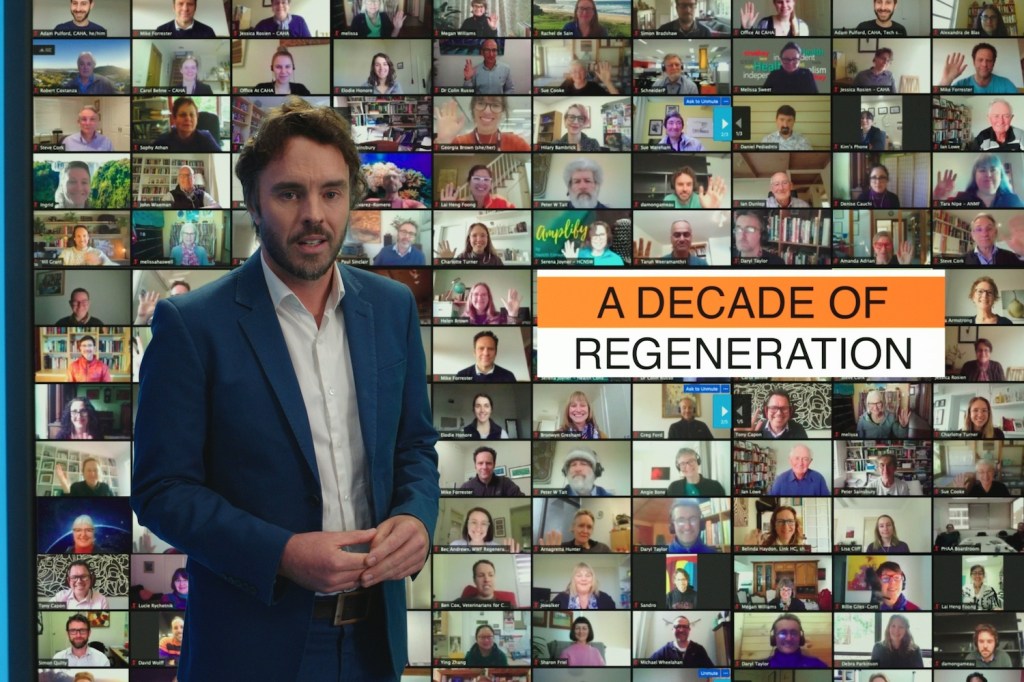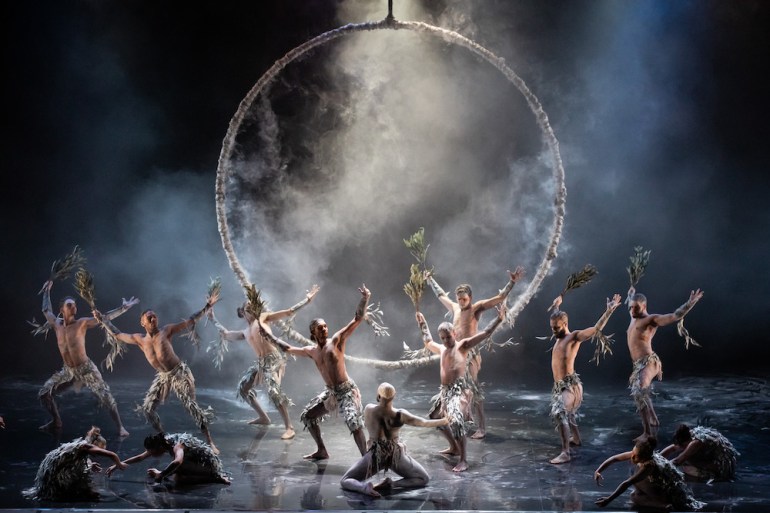Documentary Australia is set to introduce online community screening resource DocAccess at next week’s Australian International Documentary Conference, nearly five years after the initiative was backed by the Screenrights Cultural Fund.
Designed as a how-to guide for documentary screenings, the platform features more than 50 titles across eight curated playlists based on the impact areas of environment, health and wellbeing, human rights and social justice, Indigenous, the arts, women and girls, youth and education, and culturally and linguistically diverse, as well as other Documentary Australia-supported films.
There is also information on planning, promotion, and fundraising, including a template to assist with impact strategy that asks users to outline their issue of focus, vision, impact goals, stakeholders, key messages, audience pathways, calls to action, and eventual outcomes.
DocAccess was one of four projects to receive support via Screenrights’ 2019 Cultural Fund. Documentary Australia, then Documentary Australia Foundation, also received support from Foundation For Rural And Regional Renewal, while Pro Bono Australia was initially on board as a partner.
Documentary Australia CEO Mitzi Goldman told IF the concept, which had been “massively delayed” as a result of COVID, was designed to make documentaries more accessible, especially in communities outside of the urban centres.
“What we’ve found over the years is that it’s more and more important to take documentaries to the audience, instead of saying, ‘You can look it up on Netflix or SBS’ because often the films aren’t there,” she said.

“So we thought, ‘Why don’t we create some kind of program or platform or intermediate connecting service where people can find where to watch the documentaries?’
“We don’t own the films, nor are we distributors, so all we can do is aggregate the information we have from filmmakers and create a kind of where-to-watch list.”
Among the films featured on the playlists are Wayne Blair and Nel Minchin’s Firestarter: The Story of Bangarra, Daniel Gordon’s The Australian Dream, Christiaan Van Vuuren’s Big Deal, Catherine Dwyer’s Brazen Hussies, Christopher Nelius’ Girls Can’t Surf, Dean Gibson’s Incarceration Nation, and Damon Gameau’s Regenerating Australia, 2040, and That Sugar Film.
Goldman said the collection would be updated, with people able to request titles they wanted to see included.
“If people request a different film, we can help find it and add it to the playlist,” she said.
“It can be like a book club; get ten people together, have dinner, and show a doco.
“We do ask hosts to contact the filmmaker and there is a licence fee. We don’t want people to expect they are all going to be for free, but those licence fees are usually based on a sliding scale depending on how many people might be there in the audience, whether they are selling [tickets] or not etc.”
She encouraged people to register via the website ahead of next week’s launch so the organisation could “get a sense of where the need is and where it is coming from”.
“It can be super simple in having dinner and watching a documentary in your lounge room, or [something more advanced] in partnering with Headspace and doing something on youth and mental health in your town,” she said.
Find out more information about DocAccess here.


